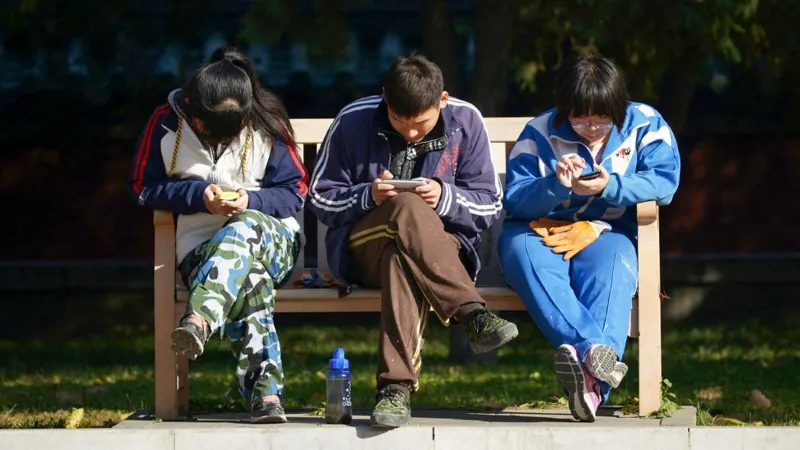China’s economy is struggling, and its leaders are trying many ways to fix it. Over the past week, they have offered cash handouts, made plans to boost growth, and introduced changes to help the failing real estate market.
On Monday, President Xi Jinping spoke about the country’s “big challenges” and the need to be “ready” to handle them, which many people believe was about the economy.
However, it’s unclear how this economic slowdown is affecting everyday people in China since their voices are often censored.
But new research offers some insight. One study shows that Chinese people are becoming more negative about their future, while another study reports an increase in protests, both online and in person, mainly about money problems.
China’s economy, the second largest in the world, might not meet its growth goal of 5% this year, which is a major concern for the Chinese Communist Party. The country’s rapid economic growth made it a global power, and the government promised prosperity in exchange for strict control over the people.
The economic slowdown started after the pandemic, which severely affected China’s economy because of strict lockdowns. American researchers, Martin Whyte from Harvard and Scott Rozelle from Stanford, studied Chinese people’s views on the economy between 2004 and 2023. In 2004, about 60% of people said their lives had improved in the last five years, and many were optimistic about the future. This number grew in 2009 and 2014. But by 2023, only 38.8% felt their family’s situation had improved, and less than half believed things would get better in the next five years. More people are now pessimistic, with 16% feeling negative about the future compared to just 2.3% in 2004.
The study also found that fewer people now believe hard work pays off. In 2004, most people thought effort led to success, but by 2023, only 28.3% still believed that. Many now think wealth comes from family connections rather than hard work.
There is also evidence of growing discontent. A separate study from the China Dissent Monitor (CDM) shows an 18% rise in protests in 2024 compared to last year, most of them related to money problems.
These protests, which include everything from online complaints to physical demonstrations, are significant in a country where even small acts of dissent are quickly suppressed by the government.
Experts say China’s strict Covid-19 lockdowns damaged people’s confidence, and pay cuts during the pandemic made things worse.
Younger generations, in particular, are feeling the pressure. Many are struggling to find decent jobs, leading some to adopt a “lie flat” mindset, meaning they are choosing to reject the stressful, high-pressure work culture.
Despite efforts by the Communist Party to control the narrative and censor negative opinions, discontent is growing.
Experts believe that if the economy continues to worsen, it’s difficult to predict how protests and frustrations will evolve. But for now, China’s leaders are worried about both the economy and the people’s confidence.
According to BBC, this situation has caused growing concern among Chinese officials, and they are trying various strategies to prevent further unrest.
However, the economic slowdown is undermining the Party’s long-standing promise of improved living standards through sustained growth.
Credit : BBC
https://www.bbc.com/news/articles/c3e95lny0x9o

